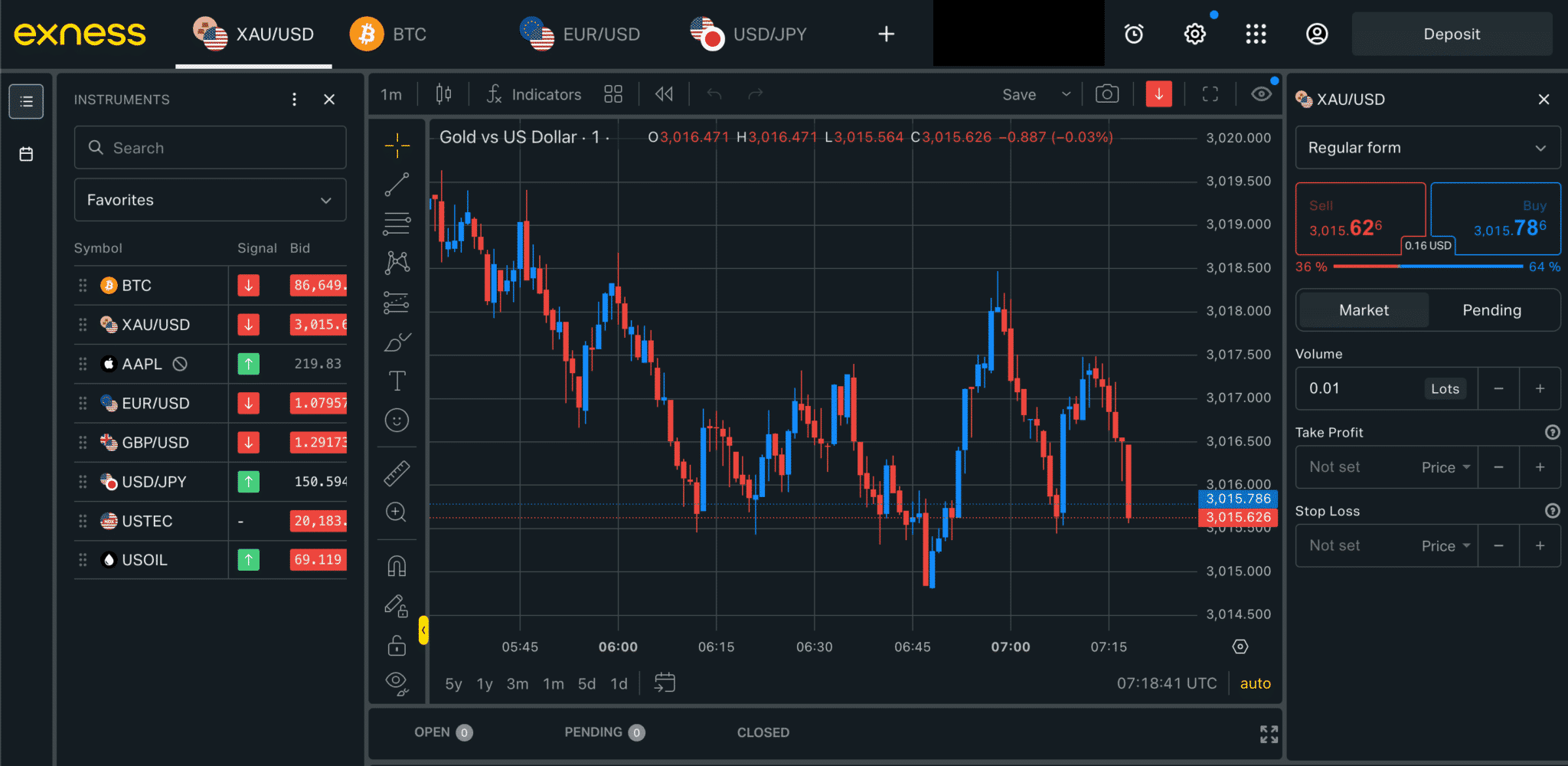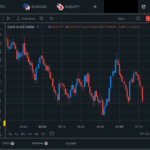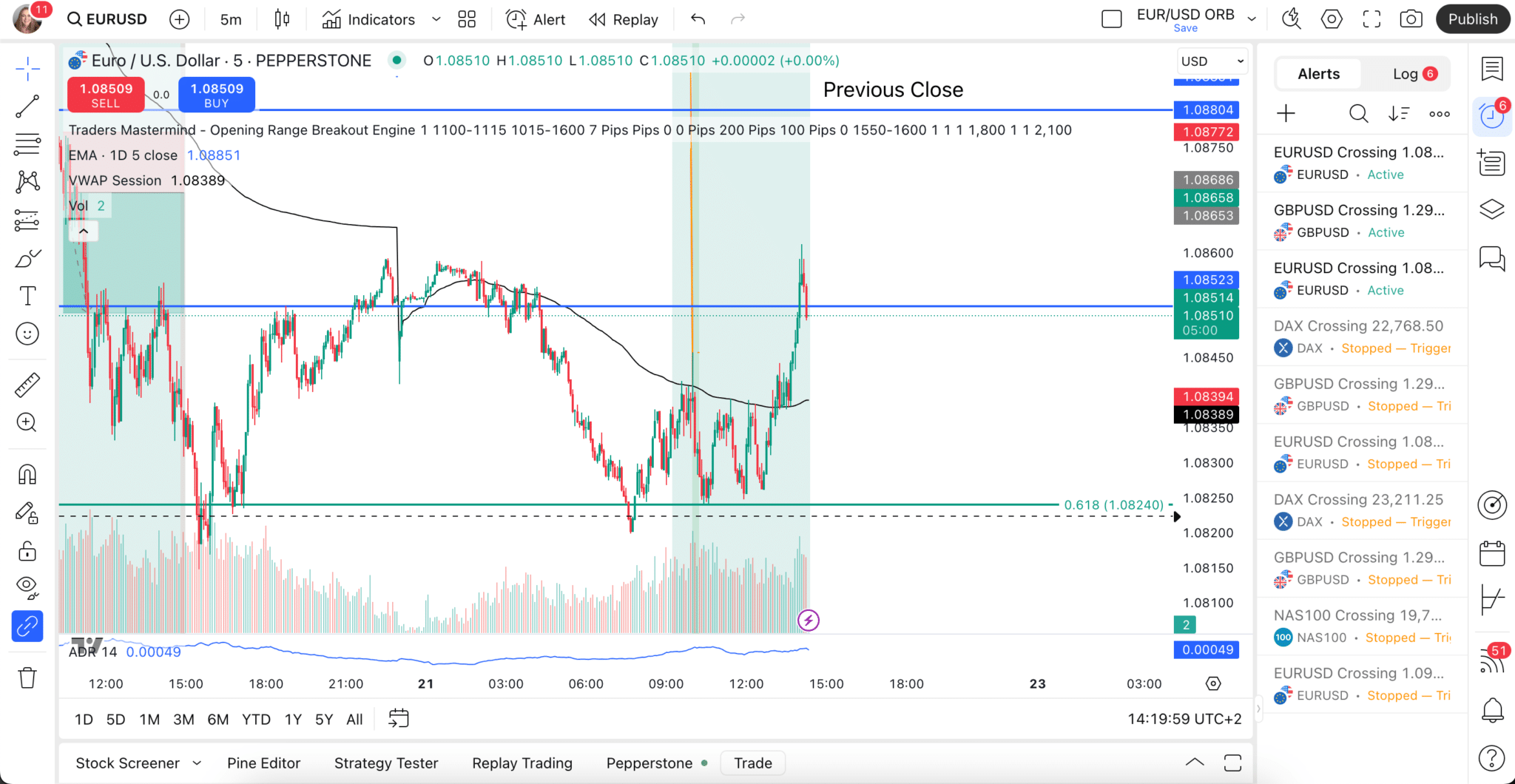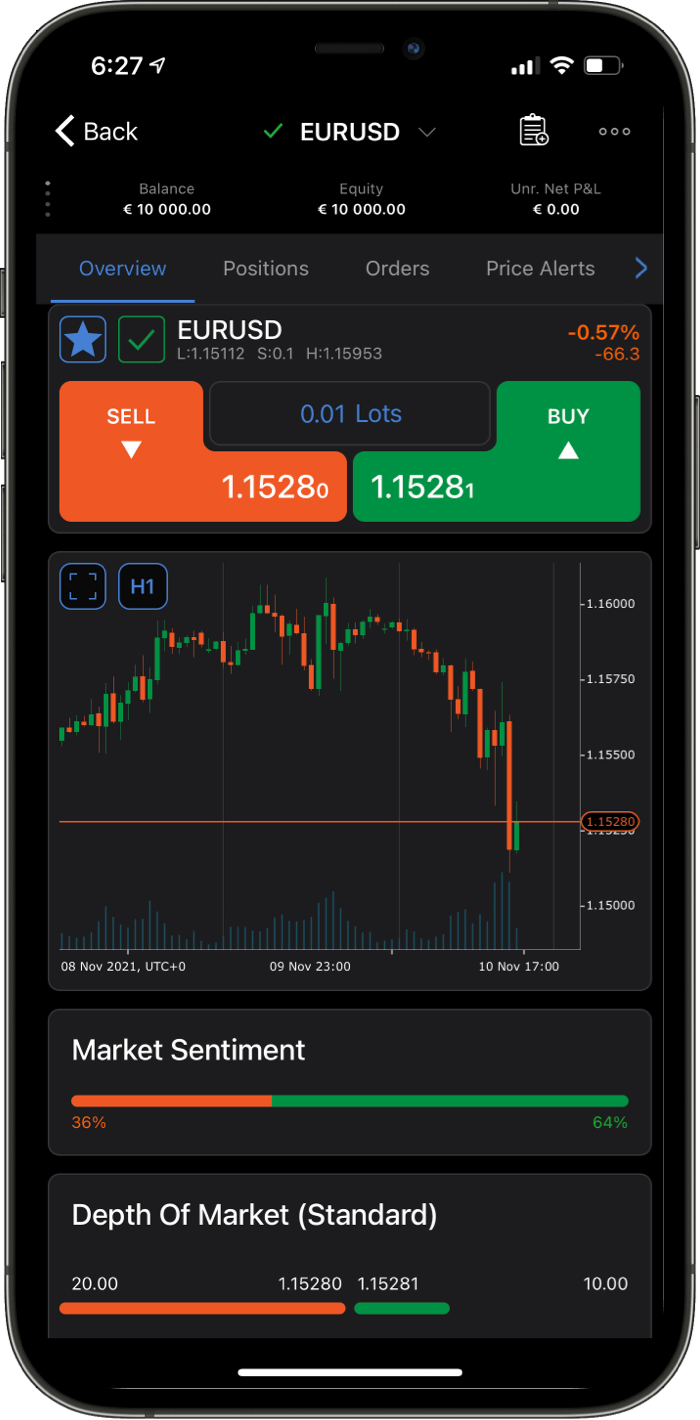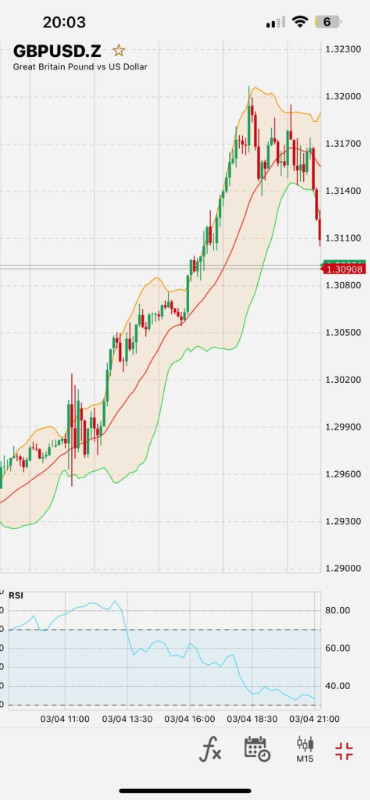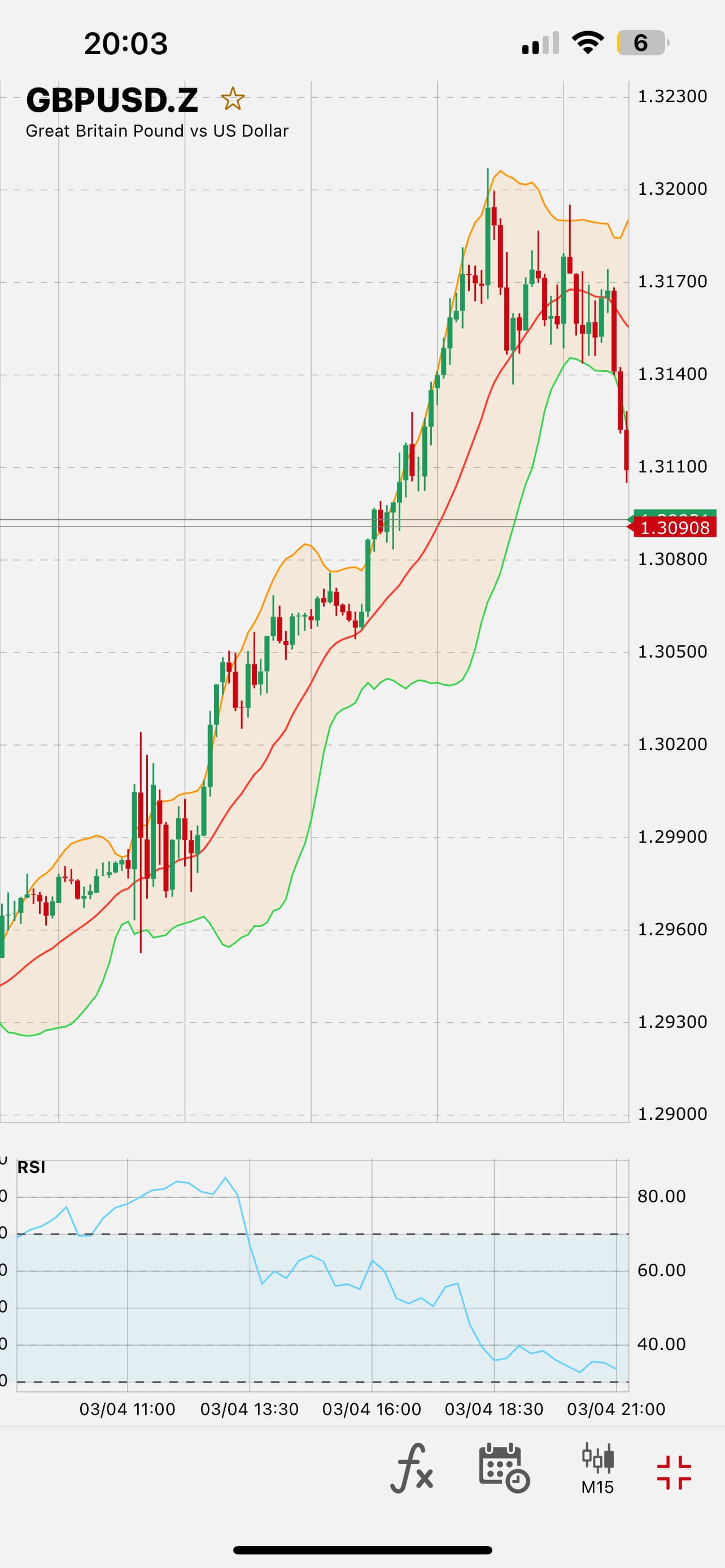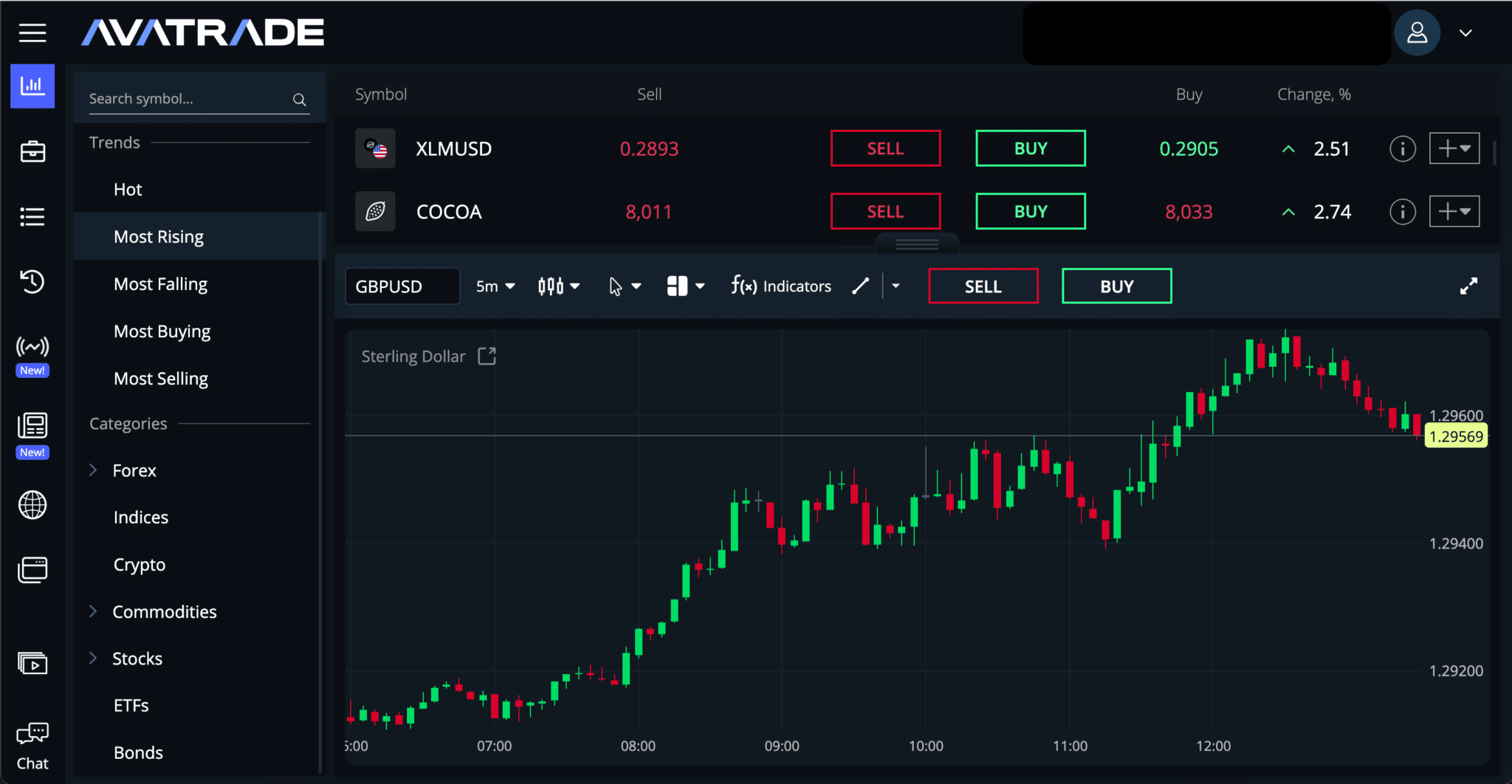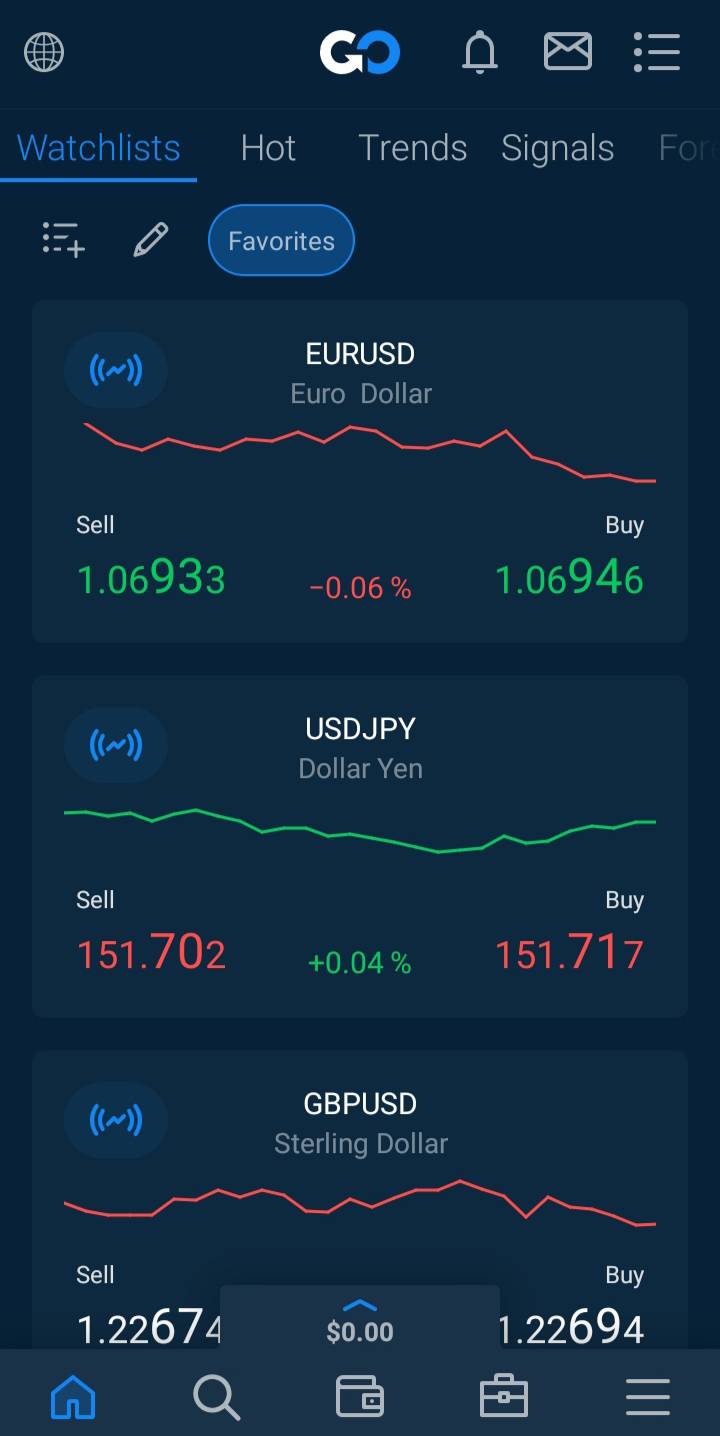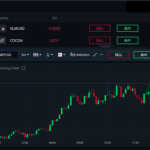Is Forex Trading Legal in Uganda?
Yes, Forex trading is legal in Uganda, but there is no specific regulatory body overseeing retail Forex brokers locally. The Capital Markets Authority (CMA) of Uganda oversees financial markets but does not currently issue licenses to retail Forex brokers.
Most Ugandan traders access Forex through international brokers regulated by tier-1 authorities like the FCA (UK), ASIC (Australia), or CySEC (Europe), which offer stronger fund safety and transparent trading conditions.
Traders in Uganda should be aware of any tax obligations related to Forex trading profits and follow currency control regulations when funding and withdrawing from offshore brokers.
What Are the Advantages of Using a Regulated Broker?
While Uganda’s Capital Markets Authority does not license retail Forex brokers, traders can trade safely by choosing brokers regulated by trusted authorities such as the FCA, ASIC, or CySEC. Regulated brokers offer:
Client Fund Segregation: Your funds are held in segregated accounts separate from broker operational funds.
Financial Oversight and Licensing: Brokers are required to:
- Meet capital adequacy standards
- Follow risk management protocols
- Provide regular financial reports to regulators
Transparent Fees and Risk Warnings: All trading fees and risks, including spreads, commissions, leverage, and margin, must be clearly explained.
Standards of Conduct and Advertising: Regulated brokers must adhere to ethical marketing and fair treatment practices.
Continuous Audits and Supervision: They are subject to audits and compliance checks to maintain regulatory standards.
Tip: Ugandan traders should verify a broker’s regulatory status with a top-tier authority before depositing funds.
What Are the Risks of Trading with an Unregulated Broker?
- No fund protection: Unregulated brokers in Uganda are not required to keep your funds separate, risking loss if they go bankrupt.
- No backup if things go wrong: Regulated brokers follow client protection rules. Without regulation, there is no compensation scheme if the broker closes.
- You could lose more than you invested: Without negative balance protection, sudden market movements can wipe out your funds and leave you in debt.
- They can get away with unfair practices: Unlicensed brokers can manipulate trades, delay withdrawals, or change pricing without oversight.
- Dangerously high leverage: Leverage like 1:1000 can quickly lead to large losses. Regulated brokers impose leverage limits to protect traders.
How Do I Verify if a Broker Is Regulated?
Uganda’s CMA does not license retail Forex brokers, so traders should ensure they are using brokers regulated by authorities like the FCA, ASIC, or CySEC.
Here’s how Ugandan traders can verify a broker’s credentials before depositing funds:
- Check the licensing statement at the bottom of the broker’s website. It should say:
“This website is operated by [Broker Name], authorised and regulated by [Regulatory Authority].”
- Visit the regulator’s official register:
- Search for the broker’s name.
If listed, the broker is regulated; if not, it is not authorised.
Note: Regulated brokers are required to show licence details. Missing information may indicate the broker is unregulated. Contact the regulator directly for verification if needed.
Avoid scam websites:
- Use the broker’s website link from the regulator’s register.
- Check URL spelling (e.g., “xm.com” vs. “xrn.com”).
- Verify HTTPS encryption and SSL certificate by clicking the padlock icon in your browser.




















































